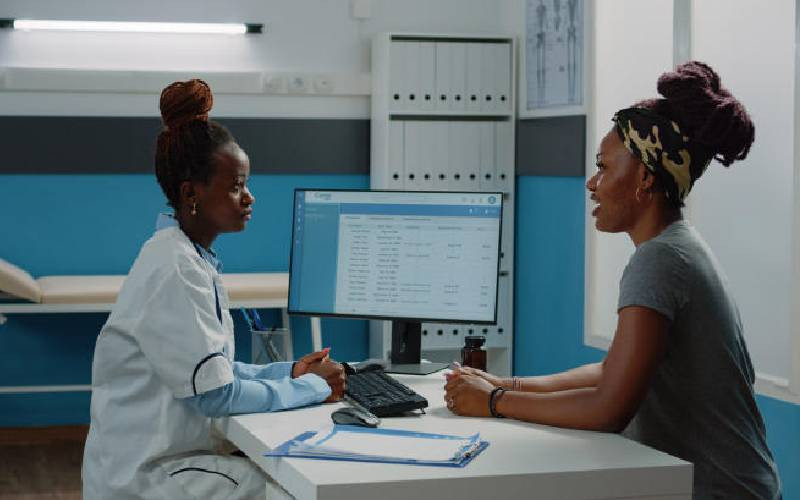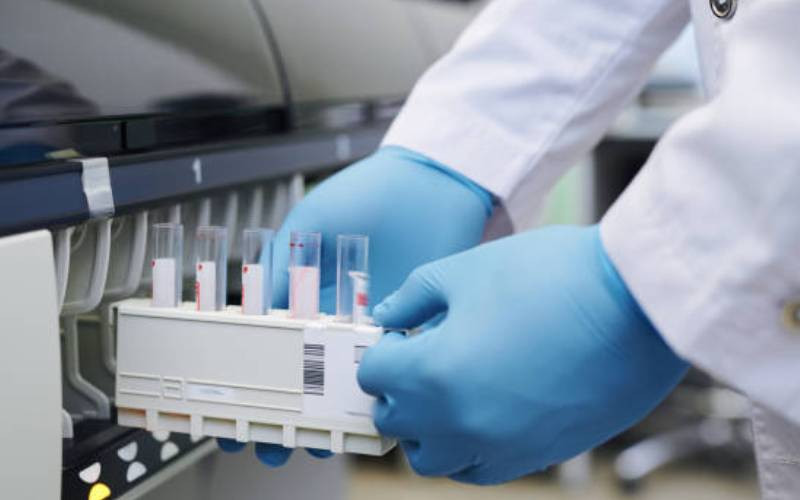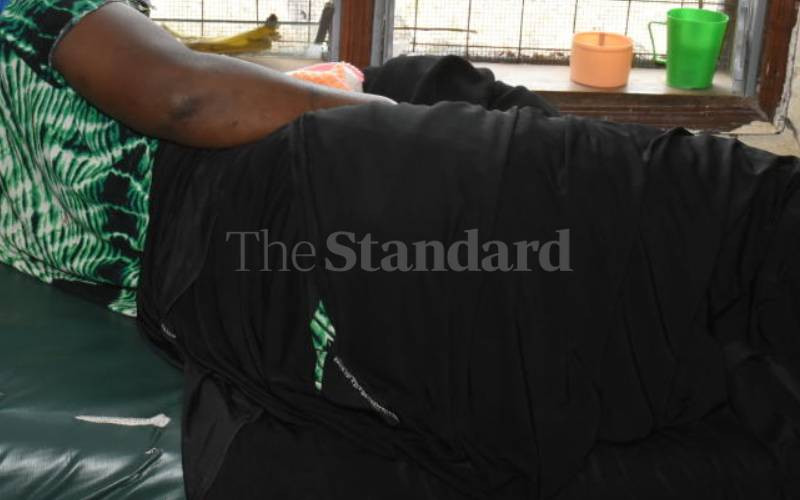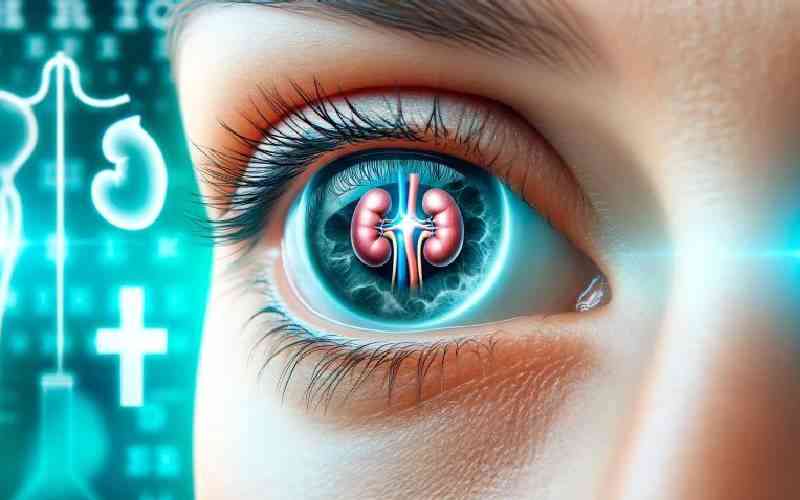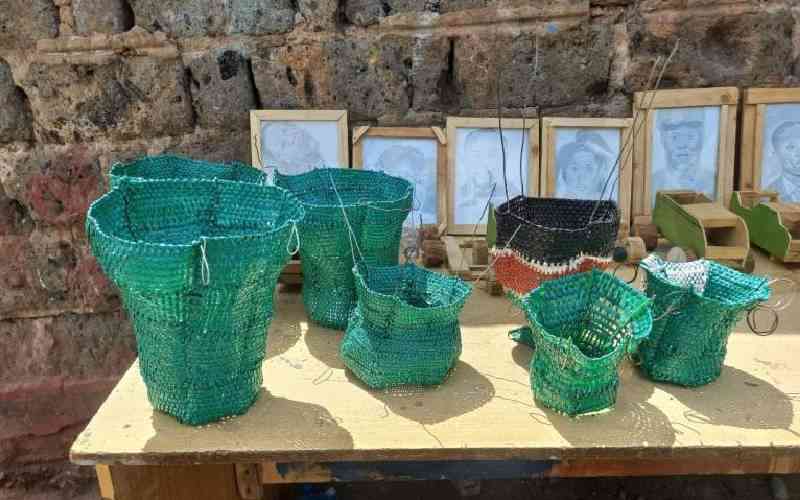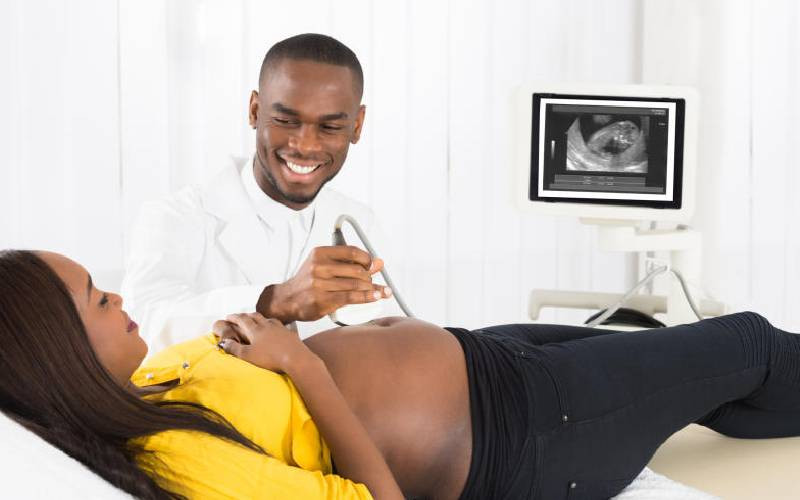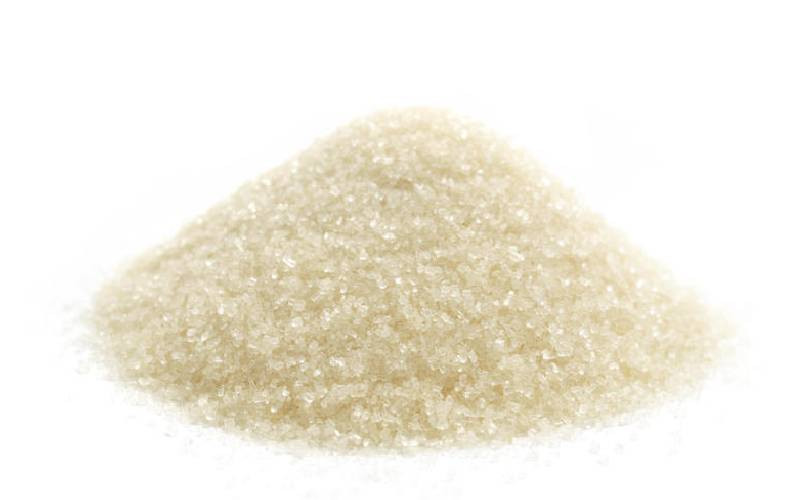
Scientists have created healthy baby mice made entirely from skin cells in a world first.
The major breakthrough - hailed as “remarkable” by British experts - could help women have babies.
It involved a Japanese team successfully producing mice from eggs made entirely in the lab.
The development was revealed yesterday in journal Nature.
The pups born from the eggs were so healthy they were able to have babies themselves.
Scientists have already shown they can make sperm in the lab.
Now they have shown they can make viable egg cells purely with the use of adult skin cells.
The Japanese team which took cells from a mouse tail and reprogrammed these adult cells back into immature ones.
Then they coaxed these immature stem cells to become an egg.
Not all of the eggs that they made in the lab were healthy or viable. But the ones that were could be fertilised by sperm in a dish.
When these fertilised eggs were then put into the wombs of adult female mice, they developed into apparently healthy babies.
Study lead Professor Katsuhiko Hayashi, of the Department of Developmental Stem Cell Biology at Kyushu University, said: “This is the first time a functional egg has been produced from stem cells in culture which gives us some clue to human egg production from stem cells.
“We need to now carefully look at the quality of mouse artificial eggs. This kind of quality check will contribute to an application to humans in future.”
However, experts warn there are many barriers to using the same method in humans, and it could be years before it could help women.
Prof Richard Anderson, of the MRC Centre for Reproductive Health at the University of Edinburgh, said: “This is the first report of anyone being able to develop fully mature and fertilisable eggs in a laboratory setting right through from the earliest stages of egg development.
“Although we are a long way from making artificial eggs for women at the moment, this study also provides us with a basis for experimental models to explore how eggs develop from other species, including in women.
“One day this approach might be useful for women who have lost their fertility at an early age, as well as for improvements in more conventional infertility treatments.”
Prof Martin Johnson, Professor of Reproductive Science at the University of Cambridge, added: “This is a remarkable achievement, involving good quality research.”
But Prof Robin Lovell-Badge, of The Francis Crick Institute, cautioned: “There is a long way to go before these methods could be adapted and used in humans.”
 The Standard Group Plc is a multi-media organization with investments in media platforms spanning newspaper print
operations, television, radio broadcasting, digital and online services. The Standard Group is recognized as a
leading multi-media house in Kenya with a key influence in matters of national and international interest.
The Standard Group Plc is a multi-media organization with investments in media platforms spanning newspaper print
operations, television, radio broadcasting, digital and online services. The Standard Group is recognized as a
leading multi-media house in Kenya with a key influence in matters of national and international interest.

